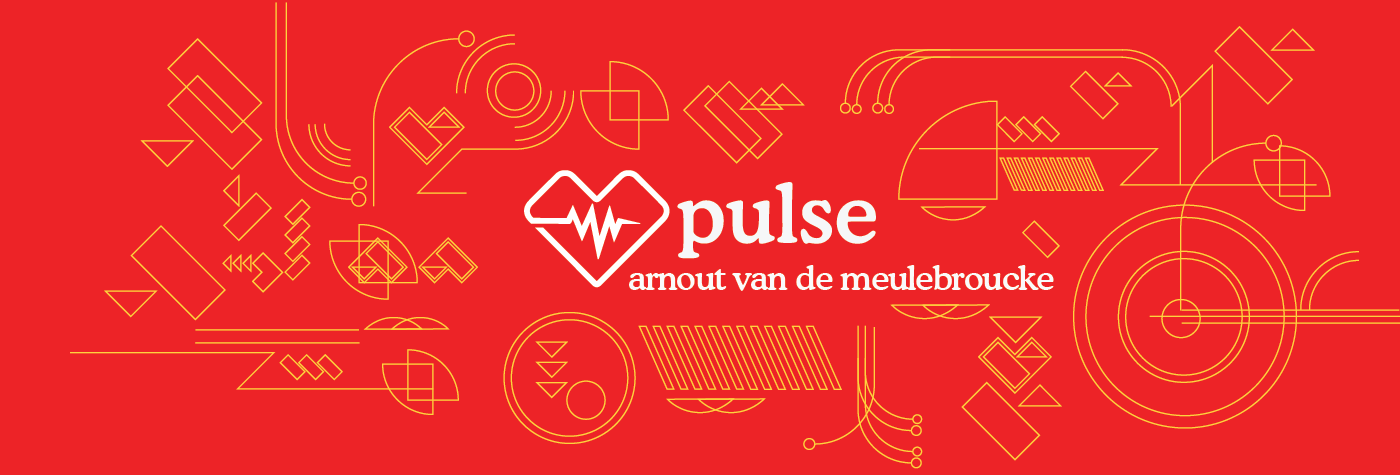On this episode of madewithlove’s Pulse podcast, Vinch Battaglia, CTO in residence, welcomes Wouter Sioen, software engineer, and Jonas Drieghe, software engineer, all members of the madewithlove team. We use PHP in-house and on our client projects so we decided to discuss why that is.
Listen to this Pulse podcast episode
They started by recapping some of the major changes to PHP since version 5. Composer, strict typing, and the modernization of PHP have changed the language as you may know it. Additionally, older but well-known frameworks might have influenced your opinion.
It’s very easy to get started with PHP but it’s not easy to write clean code, the same as other languages. — Wouter Sioen
Hiphop or jazz?
Back in 2010, Facebook released HipHop for PHP (HPHPc) which was later replaced by HipHop Virtual Machine (HHVM). It focused on things like improving speed and introducing strict type hinting which trickled through to PHP7. Afterwards, the speed of the new PHP platform was greatly improved. PHP8 has a Just in Time (JIT) compiler which might help with the maintainability of the core C code.
Is PHP everywhere?
Jonas rightly points out that a huge amount of the PHP community is strictly because of WordPress. But there is a bigger ecosystem too. Although most of the web runs on PHP, there are more reasons to use it. It’s easy to find a job or hire since /everyone knows PHP/. The community is massive so it’s easy to find answers on sites like StackOverflow. And the community has become more collaborative including frameworks that are sharing components.
What’s the standard?
A group of community members got together and began to define standards, PHP Standards Recommendations (PSRs), which have helped to push the language forward. But there is also competition. In PHP, there are 3 main frameworks: Laravel, Symfony, and Laminas (formerly Zend). Other languages, such as Python, have one main web framework, Django. So there is less focus on pushing the envelope.
How do you start?
LaraCasts and SymfonyCasts are two framework specific content providers, but they also have generic PHP tutorials and training. PHP: The Right Way is a great resource for intermediate programmers that already have some PHP experience. Whatever you decide, start with a framework with good documentation. You’ll get a lot done quickly and learn along the way. Once you have a deeper understanding of the language, you can begin to use other frameworks. Whatever you decide, make sure you are using the right tool for the job, probably the one you know.
Hiring PHP back-end engineers
Startups hope to become scale-ups. To grow, they need to hire. There are a lot of people who know PHP so it’s easy to find people, but you have to keep an eye on quality. How many people know Haskell, Scala, or F#? It’s going to be a handful of people and they’ll already have a job.
The PHP community scales a lot better than these other communities. — Jonas Drieghe
With Javascript, you have a big community but a lot of bad habits, even worse than PHP. When it comes to Python, there are people that can create quality, but usually, these are researchers who are focused on building scripts rather than applications.
Looking forward
Can you do PHP with machine learning? Yes, but Python really shines here, so why would you. But PHP does not try to do everything. It is primarily for web applications and the team doesn’t see web apps going away anytime soon. The team also discusses about features they would like to see in future versions of the language such as syntactic sugar and where they see potentials problems such as with named parameters.
There are only two kinds of languages: the ones people complain about and the ones nobody uses. — Bjarne Stroustrup, creator of C++
Check out the podcast for all the tidbits.









Member discussion